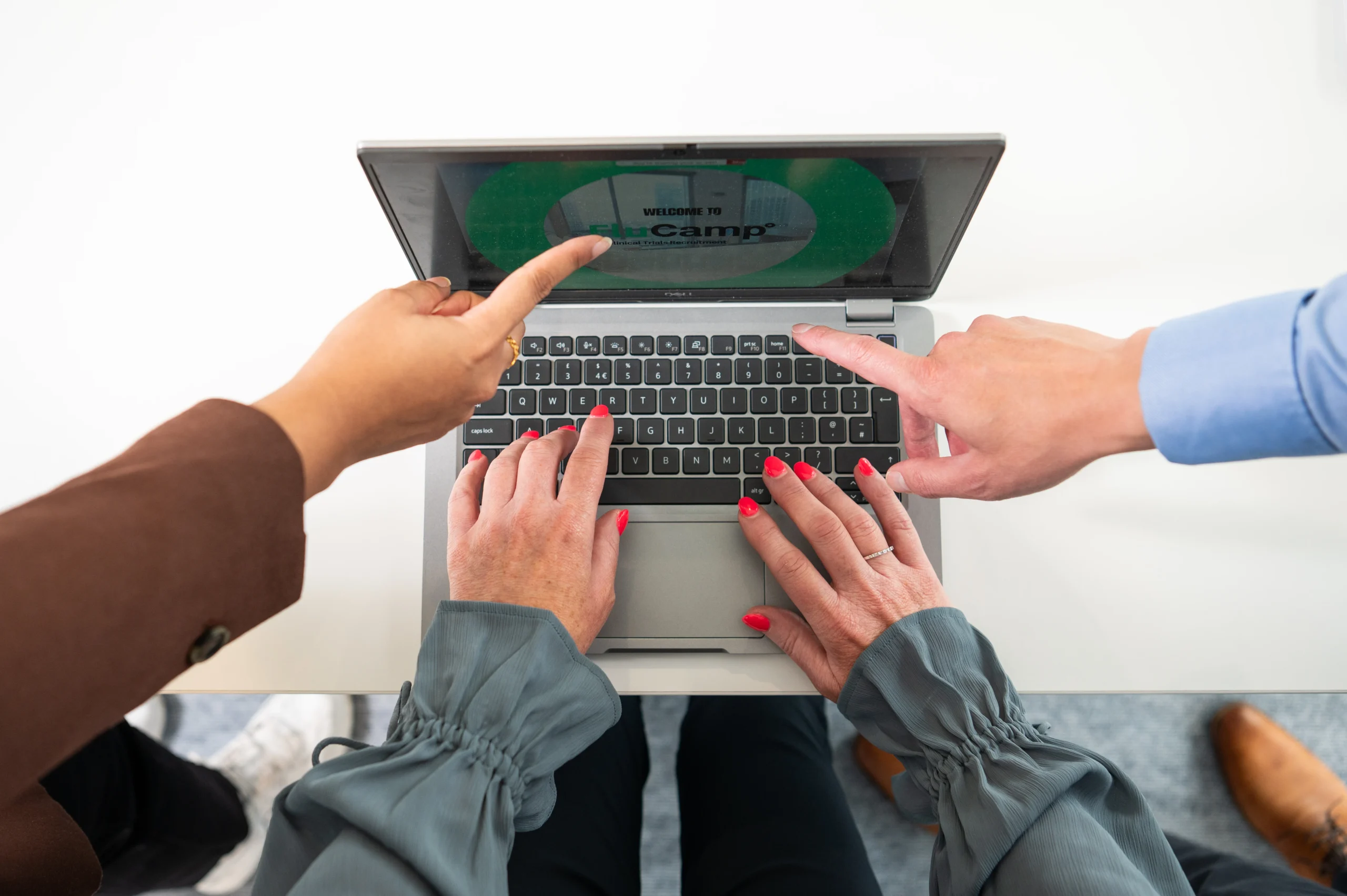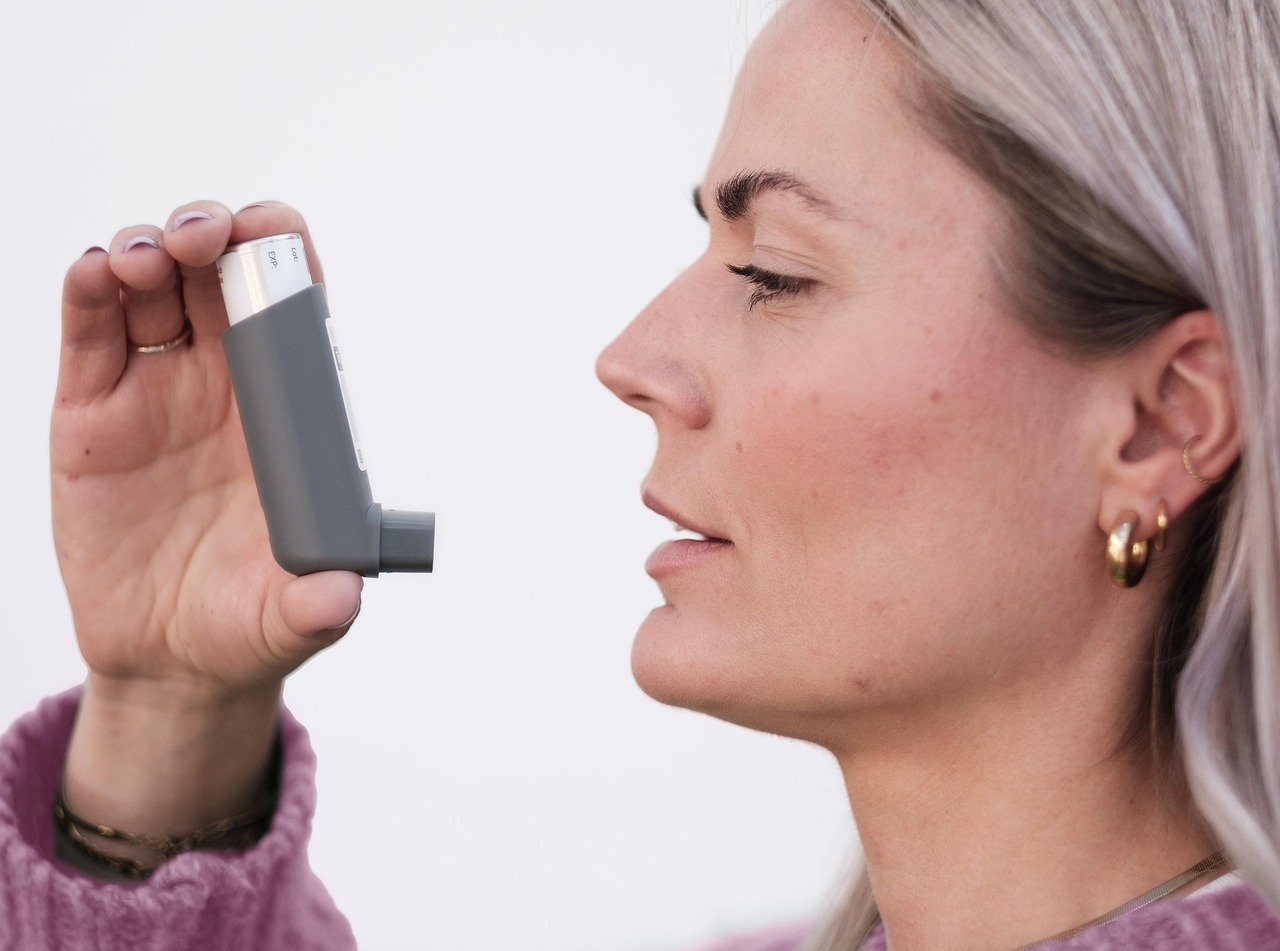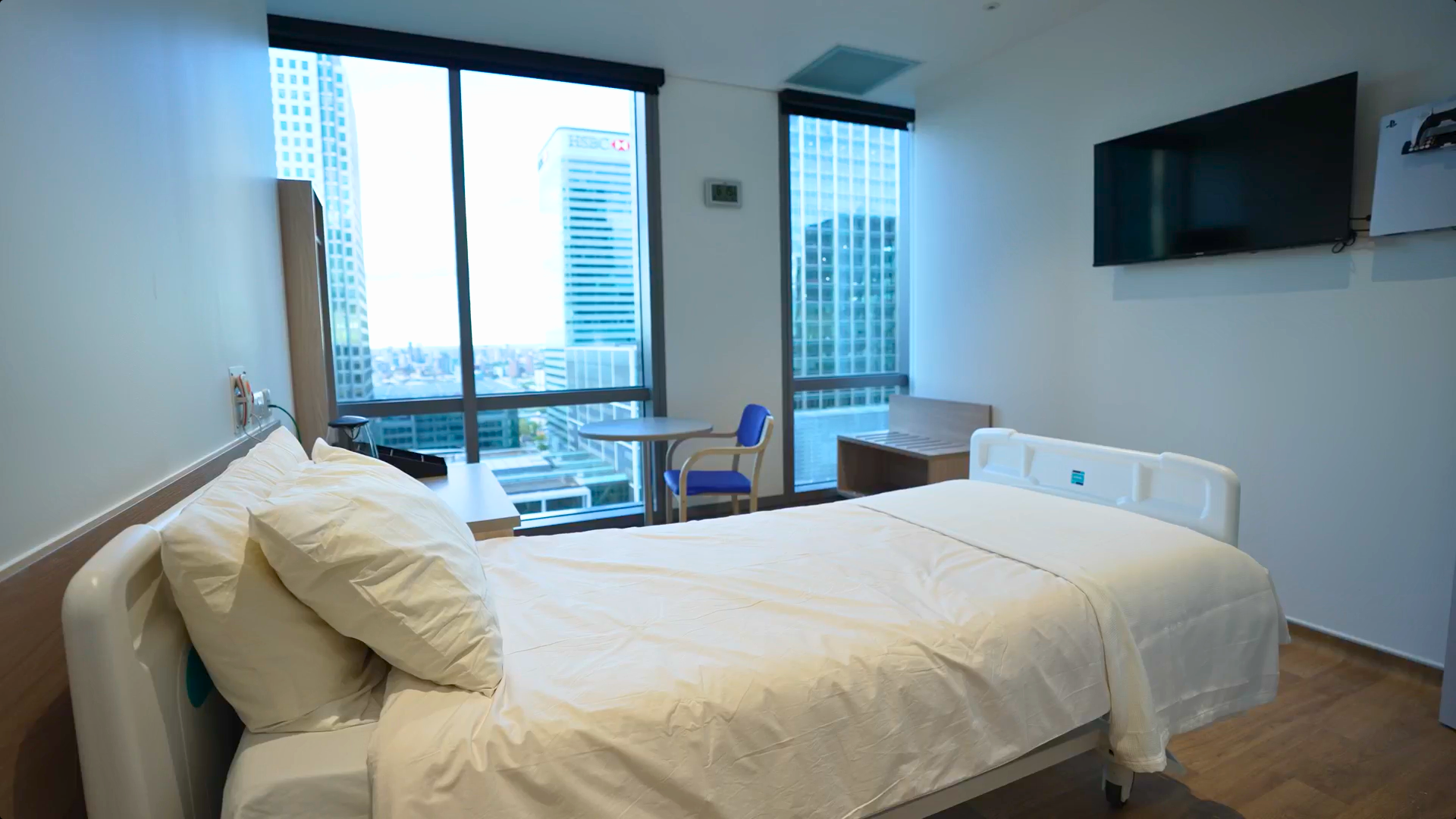No-one is more unpopular in the office then the staff member who kicks off an office-wide flu pandemic. Take steps to protect yourself and your colleagues, and don’t become the pariah of this flu season. If you spot cold symptoms in your office, then you can avoid catching them by being proactive – as well as reactive. Avoid the company communal buttons – the coffee machine, the water machine etc. Unfortunately, these are prime breeding grounds for germs and bacteria, as they rely on communal good hygiene (or someone remembering to disinfect them).
- Get outside of the office. Workers will often feel that a sick day is frowned upon and come into the office regardless. Go out for lunch, and try to keep away from anyone who is showing cold or flu symptoms. Fresh air will also help you escape the recycled germs of the office air-con system
- Alternatively, if you are sick, but still want to work, see if it is possible for you to work from home. It may be preferable for you to work from home than incapacitating other staff members (no-one will thank you for that). Although you may be able to cope with the virus, it could potentially affect others with asthma and lower immune systems to a much greater extent
- Wash your hands as frequently as possible. More germs and bugs pass through hand contact than through sneezing. Avoid touching your face with unwashed hands and keep a hand sanitizer nearby during flu season
- Get the flu vaccine. It is not a 100% guarantee of a flu free season but it should protect you from most viruses. The flu vaccine is particularly recommended for those at risk of developing pneumonia or bronchitis, including asthmatic
- Encourage your office to not crank up the heating during the winter. Unfortunately, closing the windows and turning up the heating provides the perfect incubator for viruses and germs. Ventilate your space well and keep the air fresh
- Take care of yourself. Maintain your immune system by getting enough sleep, ‘eating the rainbow’ and avoiding smoking and excessive drinking.
Remember, taking care of yourself includes accepting that you may need to take a sick day. Your system may need time to recover and reboot, so it may be better to stay home rather than risking making yourself worse and infecting (highly unimpressed) co-workers.
















